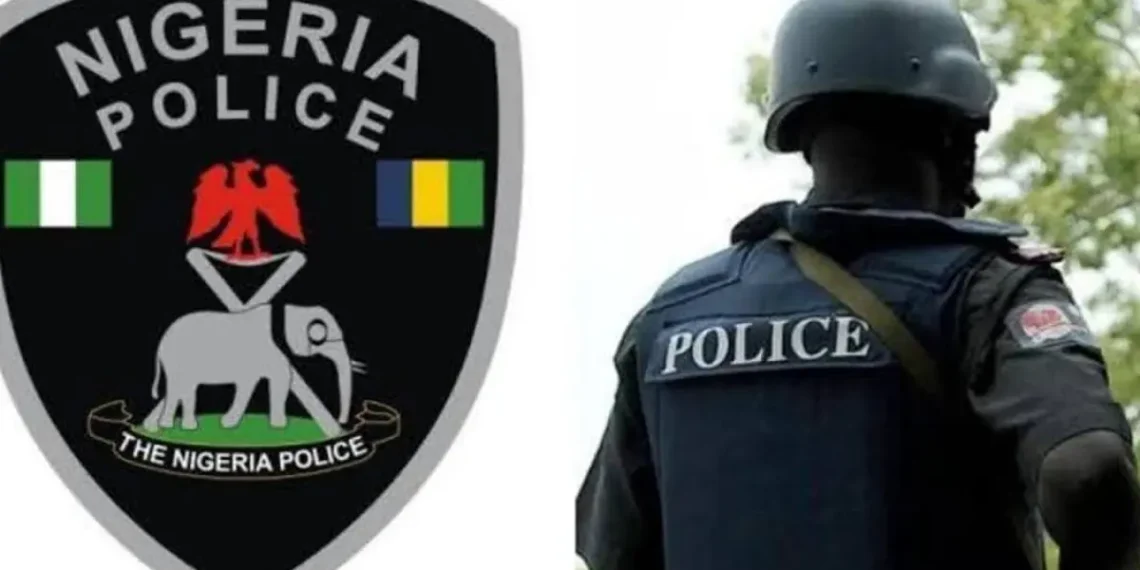The Human Rights Committee of the Nigerian Bar Association (NBA), Warri Branch, has raised alarm over a recent directive from the Delta State Police Command threatening penalties against what it called “indecent dressing.”
According to a public statement signed by the Committee Chairman, John-Larry Ojukoko Esq., the NBA condemned the police notice, which warned that violators could face a ₦50,000 fine or be sentenced to community service. The Command had based its position on Section 29 of the Delta State Violence Against Persons Prohibition (VAPP) Law.
However, the NBA described the police action as a “dangerous misinterpretation” of the law, cautioning that such moves could open the floodgates to arbitrary arrests, abuse of power, and the infringement of individual rights, especially by aggressive or ill-informed officers.
The association stressed that the concept of “indecent dressing” remains legally ambiguous and ill-defined, warning that enforcement based on such vague terms is susceptible to misuse.
Read also:
- Federal University, Otuoke, goes tough on students over indecent dressing
- Kannywood actress suspended over indecent dressing
- Indecent dressing among undergraduates
“For clarity, Section 29 of the Delta State VAPP Law refers to indecent exposure, which specifically targets the deliberate public display of private body parts—not general attire choices,” the statement explained. “Furthermore, any penalties under that section must be imposed by a competent court, not by the police acting alone.”
The NBA emphasized that the police do not have the constitutional power to levy fines or assign community service without due judicial process.
Calling on the Delta State Police Command to review its stance, the NBA urged law enforcement authorities to respect the limits of their powers and avoid acts that could lead to the harassment or unlawful detention of citizens.
“The Human Rights Committee is closely observing this development and stands ready to intervene if any incidents of abuse or unlawful arrest occur as a result of this directive,” Ojukoko added.






